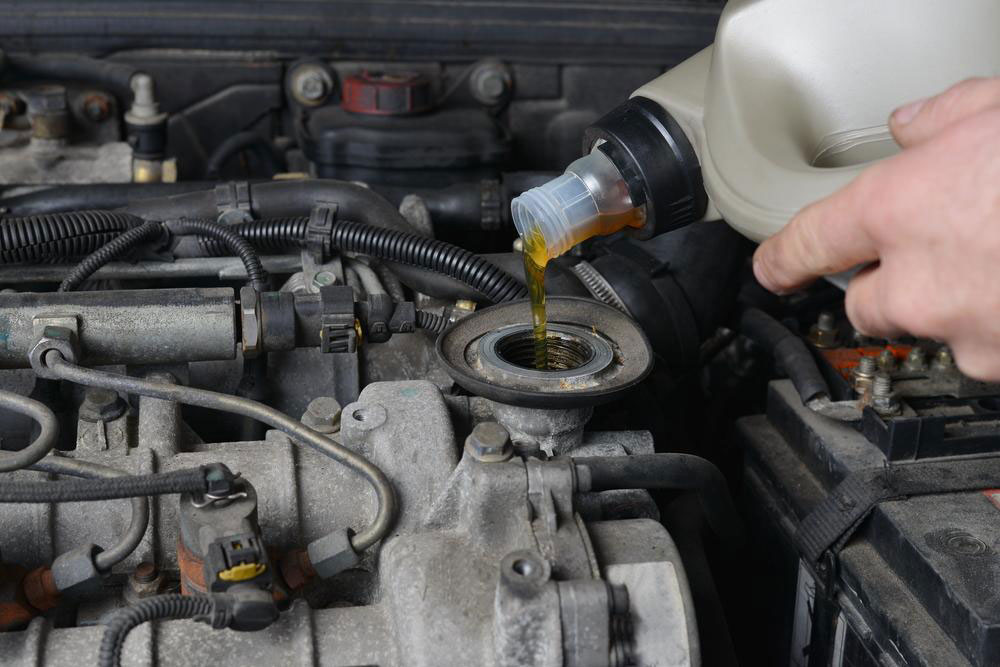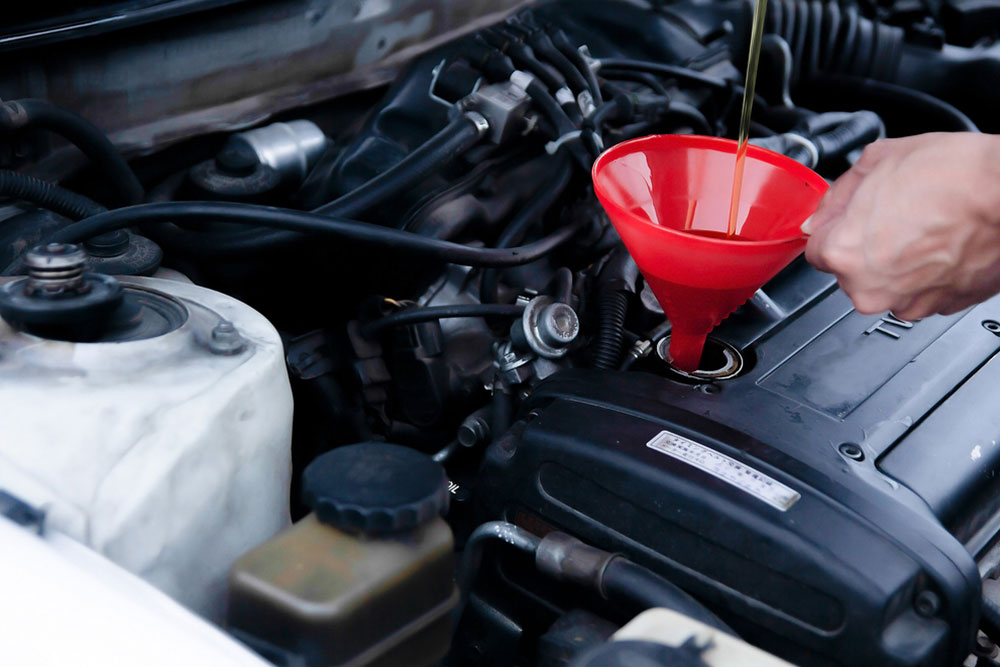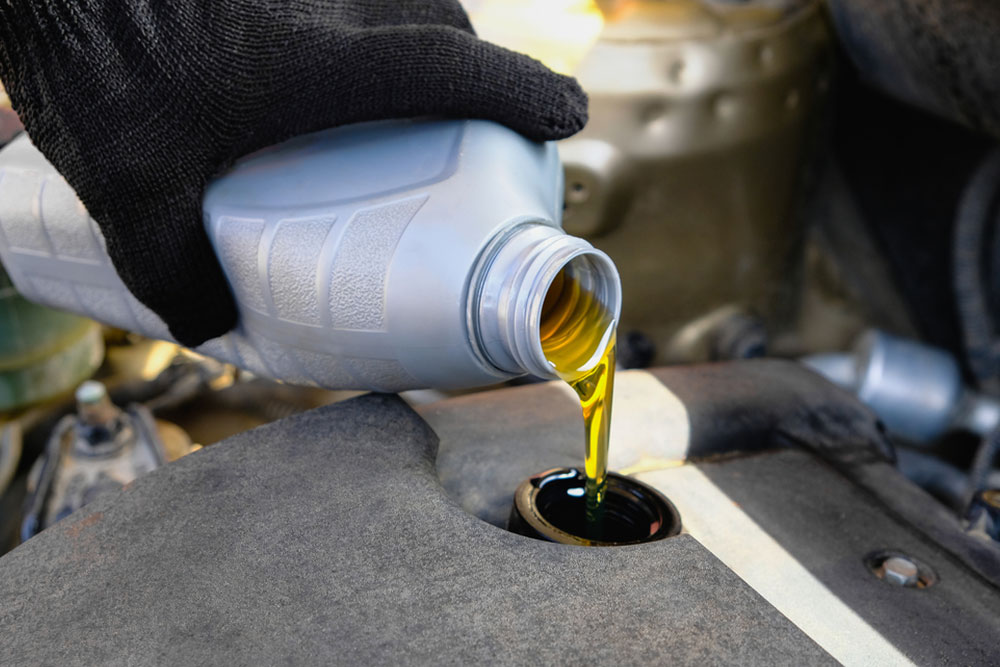Essential Tips for Proper Engine Oil Maintenance
Proper engine oil maintenance is vital for vehicle longevity and performance. This guide covers when and how to change your oil, how to check its condition, and choosing the right type for optimal engine health. Regular upkeep ensures smooth operation and avoids costly repairs.
Sponsored

Maintaining your vehicle's engine health hinges on timely and correct oil changes. Regular oil replacement ensures your engine runs efficiently and prolongs its lifespan. An oil change involves replacing old, degraded oil with fresh lubricant and checking critical components of your vehicle's engine.
Here's what you need to know about engine oil maintenance:
When to perform an oil change: The recommended interval varies by vehicle and manufacturer; generally, every 3 to 6 months or after 7,000 to 10,000 miles. Frequent short trips may require more frequent changes.
How to check engine oil: Use either electrical sensors or manual dipsticks. Ensure the engine is cool and the vehicle is on level ground before inspecting. The oil should be brown or black and evenly coated on the dipstick. Milky color signals potential internal issues.
Choosing the right engine oil: Main types include synthetic, synthetic blend, high-mileage, and conventional oils. Always follow manufacturer guidelines or consult a mechanic to select the best oil for your vehicle, as incorrect oil can cause performance issues.






